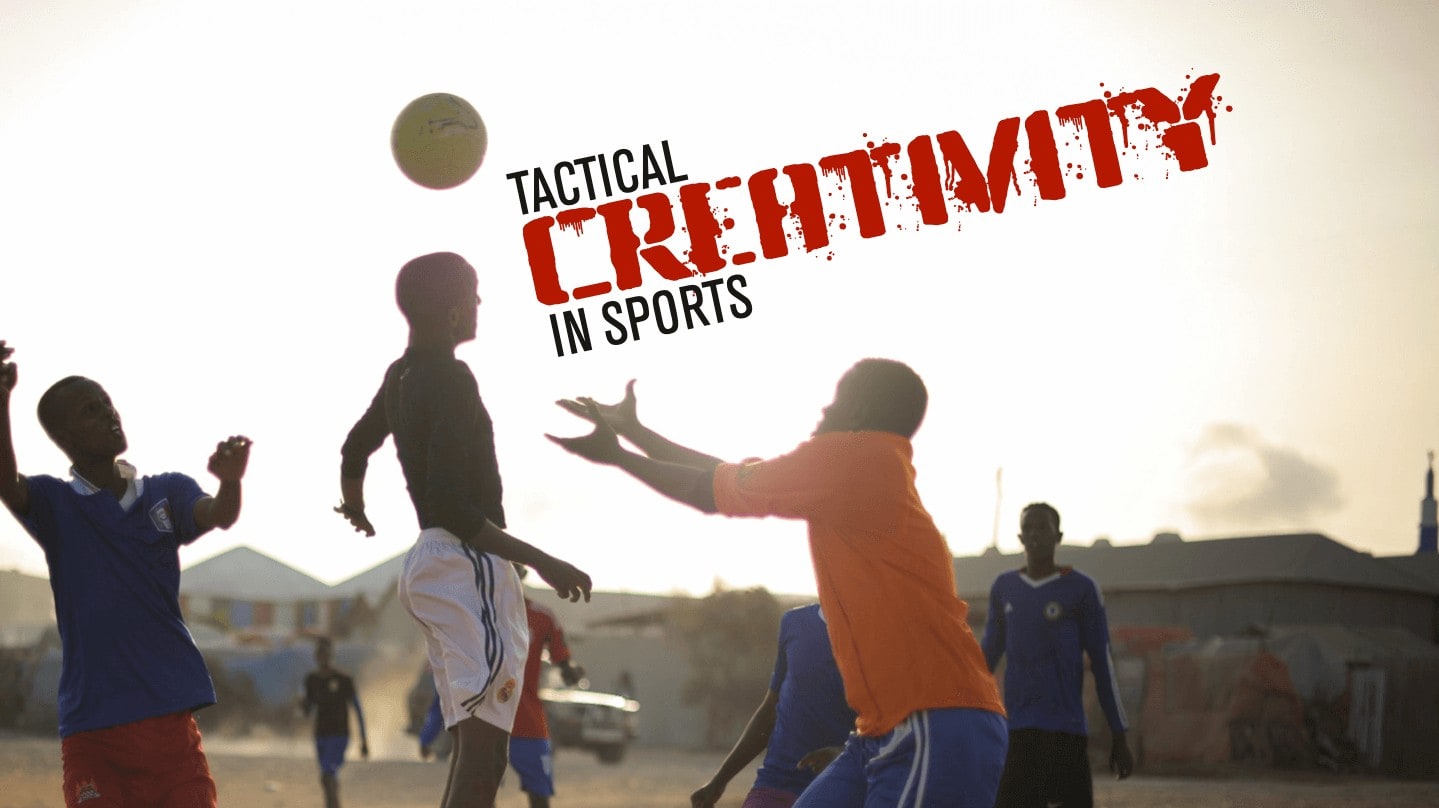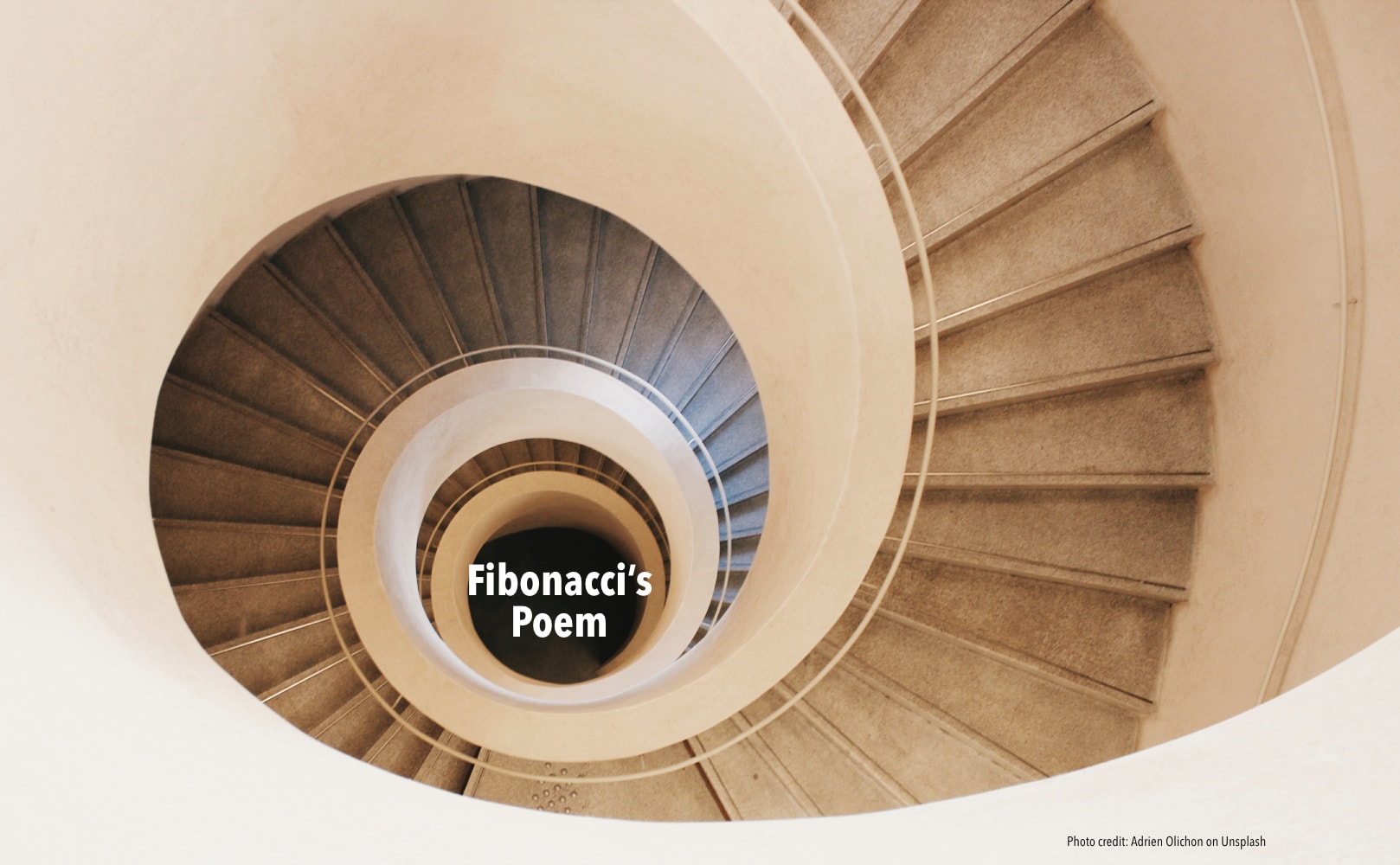Announcing a new online course for the fall semester 2008:Creativity in teaching and learning
Here’s to the crazy ones. The misfits. The rebels. The troublemakers. The round pegs in the square holes. The ones who see things differently… You can praise them, disagree with them, quote them, disbelieve them, glorify or vilify them. About the only thing that you can’t do is ignore them. Because they change things. They invent. They imagine. They heal. They explore. They create. They inspire. They push the human race forward. Maybe they have to be crazy. How else can you stare at an empty canvas and see a work of art? Or sit in silence and hear a song that’s never been written? Or gaze at a red planet and see a laboratory on wheels?—Apple Computer’s Think Different campaign (http://en.wikipedia.org/wiki/Think_Different)
Brief course description
Creativity is of increasing importance to educators both for their professional success and that of their students particularly given the complex, evolving knowledge ecology we are live in. In this online course we will explore a range of questions related to creativity. These include: What does it mean to be creative? Is creativity born or can it be developed/ learned/ nurtured? Does creativity reside in the individual or in the social (or organizational) context within which we live? What does the creative process look like? What is the relationship between creativity, play and humor? (In other words, do creative people have more fun?) How can we become more creative in teaching? How can technology help us become more creative teachers and learners? How can be integrate creativity in subject matter learning? How do we assess creativity? How can we develop creativity in others (particularly in learners)? What are the consequences of these ideas in an era dominated by NCLB?
The ability to be creative and flexible is critical in today’s rapidly changing world. The emergence of the knowledge economy (and the knowledge worker) means that tasks are rarely “given” or structured. We are now expected to operate in a complex and chaotic ecology where our very survival and personal identity is tied up in improvising knowledgeable answers to largely unanticipated problems. In fact, the biggest challenge in these contexts may be finding out what the problem is in the first place.
It has been argued that the solution to these concerns is an increased emphasis on creativity. In this online course we will explore a range of questions related to creativity. These include: What does it mean to be creative? Is creativity born or can it be developed/ learned/ nurtured? Does creativity reside in the individual or in the social (or organizational) context within which we live? What does the creative process look like? What characterizes a creative person? What is the relationship between creativity, play and humor? (In other words, do creative people have more fun?) How can we become more creative in teaching? How do we assess creativity? How can we develop creativity in other (particularly in learners)? What are the consequences of these ideas in an era dominated by NCLB?
A critical part of becoming creative is being able to play—to play with ideas, with concepts feeling comfortable in doing so. The activities in this course will seek to develop such an approach. In an interactive series of modules we will explore the meaning of creativity—how it is defined and explore some strategies for developing, nurturing and supporting creativity. This course will be extremely hands-on with multiple opportunities for discussion and exploration. Each of the issues/topics will also be illustrated with multiple examples from the world of education, psychology, and business, interspersed with games and puzzles connected to the ideas being discussed.
Goals & Learning objectives
The essential paradox of creativity: Creativity cannot be taught, but it can be learned.
Goal: This course will explore the meaning of creativity (emphasizing both the cognitive and affective components)—how it is defined, and understood, and explore some strategies (psychological, behavioral, and institutional) for developing, nurturing and supporting creativity. Of particular emphasis will be the development of creativity in the classroom (both in terms of creativity in teaching, and in student learning).
Learning objective 1: Participants will be able to define and identify creativity in professional, personal and institutional contexts and recognize the two key models of decision making.
Learning objective 2: Participants will learn the 5 standard steps in the creative process, particularly the importance of finding and imposing patterns.
Learning objective 3: Participants will engage in multiple creative tasks based on the idea of finding and seeking patterns and will seek to extrapolate their learning from this task to other contexts.
Learning objective 4: Participants will understand that creativity happens best under playful conditions (something difficult to capture in specific learning objectives – which turns out to be another paradox of trying to teach creativity).
Learning objective 5: Participants will learn multiple strategies for applying creativity in their professional lives: as a teacher, educator, parent and learner.
Tentative outline of activities: A warm-up activity that would feed into the upcoming topics.
Module1: Defining creativity, through examples and discussion. The relationship between creativity and innovation. The fox and the hedgehog—as two models of approaching the complex world of decision making.
Myth: Creativity is a “big sudden insight available only to people with certain talents.” Contrast this with what people have found, that the essence of creativity is finding variations on a theme—a process of finding and tweaking “knobs.” The idea of slippability.
Module 2: The 5 “standard” steps in the creative process. The importance of both finding and imposing patterns. Examples of both.
One way of being creative: On imposing a discipline (as long as you are willing to change it later). Group activity: On the systematic exploration of metaphor.
Module 3: Individual, social and organizational aspects of creativity.
How can we generate group creativity? Exploring creativity strategies.
Module 4: Creativity in teaching
How does creativity play out in an era of NCLB? How do we assess creativity in teaching?
Module 5: Creativity in the classroom
Getting students to be creative, particularly in subject matter areas? Assessment of creativity and learning?
Module 6: Bringing it all together




I would like to know if there is an online course for creativity in teaching and learning in the near future as I feel strongly about this point and I would like to have more convincing points for my teachers
Many thanks
It seemed a great course. If i could have this…
Great post! I look forward to reading more on how the course affected others and their creativity level.
I need some helpful tips regarding on how to be a good trainor to the early learning stage about creativity to teach the best way…..
This sounds like a fun course and an interesting query – How useful is creativity in teaching and learning? Perhaps I can revise my course plans…
I’m so excited about this class. I can’t wait to take it. It will incorporate everything I love.
I’m excited about this course. Sadly, I will likely not be around for it.